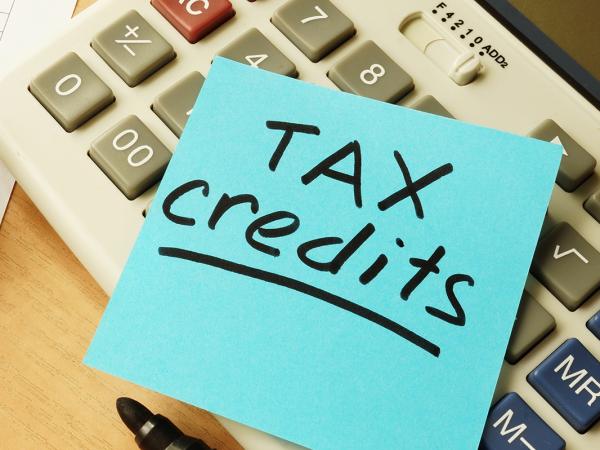Tax credits payments
This page covers tax credit payments, how they are paid and the frequency of payments.

Content on this page:
Payment frequency
Tax credits are normally paid straight into your bank account, by direct payment from HMRC.
Tax credit payments are usually made either four-weekly or weekly. You should tell HMRC which pay period you want; if you do not, they will automatically pay you every four weeks.
Tax credits are normally paid in arrears.
Joint claims
In a joint claim if only one of you works, that person will get the WTC payments; if you each work the minimum number of hours to qualify for WTC, you can choose between you and your partner which of you receives WTC payments.
Often where you both work, it does not matter who receives payments of WTC in a couple. However, if you are on a low income and rely on WTC to get National Insurance credits the choice may be important because the WTC National Insurance credits are only awarded to a person who actually receives WTC. You can find out more on our website for advisers.
Any payment of the childcare element of WTC will normally be paid with CTC to the main carer of the child or children.
If you get CTC only, then the person who is the main carer will be paid the CTC.
Bank accounts
Tax credit payments can be paid into any of the following types of bank accounts:
- a bank account
- a building society account
- a national savings & investments account (NS&I)
Difficulties getting a bank account
If bank account details are not included on the claim form, HMRC will write to you asking for details within 4 weeks. If the details are not provided within that time, HMRC have the power to suspend tax credit payments.
You should contact HMRC if you have a problem getting a bank account to discuss if they can pay you in a different way.
Using someone else’s bank account for tax credit payments
The bank account needs to be one of the following:
- in your name
- in your partner's name
- both names (you and your partner)
- in the name of someone acting on your behalf
- jointly in your name and in the name of someone acting on your behalf, or
- in someone else’s name – but it is up to you to make sure they get the money from that person.
Missing payments
If you have not received a normal payment that you were expecting, it is a good idea to speak to your bank to see if anything has gone wrong at that end. If not, you should call the HMRC’s tax credits helpline. It may be that you have changed your bank details or there has been a change in circumstances that has altered the amount of tax credits you get. If HMRC have made an error, they should be able to re-issue a payment, but they may need to check to see what happened if a payment has gone missing.
Checking your payments
You can check your payments through the manage your tax credits service on GOV.UK or using the HMRC app, which is free to download.



